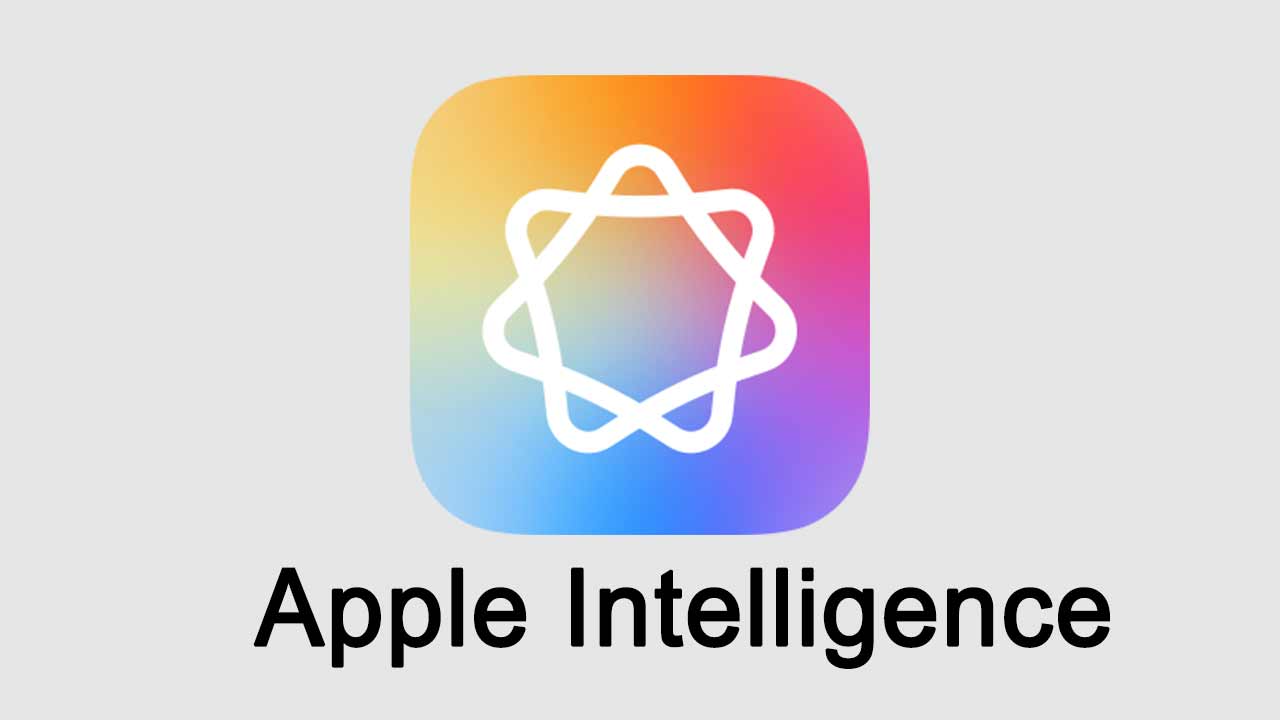While Wall Street stays busy dissecting flashy AI headlines from Microsoft, Google, and Nvidia, Apple’s recent AI moves have been far more subtle—but potentially just as massive. With over 2.2 billion active devices worldwide and unmatched brand loyalty, Apple doesn’t need to rush out AI demos or compete in the race for model size. It’s playing a longer, quieter game—one focused on integration and user experience. And if it works, this approach could add another $1 trillion to its market cap.
The roadmap isn’t built on hype. It’s about embedding AI where it actually makes a difference—on the device, in the OS, and inside the daily routines of users who probably won’t even realize how much smarter their Apple products have become.
On-Device AI Could Be a Game-Changer

Instead of relying heavily on the cloud like many of its competitors, Apple is prioritizing on-device AI using its own chips—like the M-series and neural engines already powering the latest iPhones and Macs. This approach means faster processing, better privacy, and lower latency, all without shipping your data off to massive server farms.
According to MacRumors, iOS 18 is expected to bring system-wide AI upgrades that run locally, from smarter text prediction to real-time image enhancements. These features don’t make headlines—but they’re the kind of improvements that quietly lock users into the Apple ecosystem for years.
AI-Powered Features Will Justify Higher Price Points

One of Apple’s greatest strengths is its ability to raise prices without alienating its customer base. That’s even easier when new features deliver real value—like improved health tracking, photo organization, or voice assistance—all powered by AI running behind the scenes.
With generative AI expected to touch everything from Siri to the Notes app, Bloomberg reports that Apple is rolling out a new developer toolkit and a smarter version of Siri later this year. These upgrades will quietly raise the perceived value of every new iPhone or Mac—helping justify higher margins without needing a full product redesign.
Developers Will Build the Next AI Boom on Apple’s Platform

Apple’s ecosystem isn’t just about consumers—it’s also built for developers. At WWDC 2024, Apple teased plans to open up more AI capabilities through APIs and frameworks that work across iOS, macOS, and iPadOS. That’s a signal that the next wave of machine learning-powered apps might be built natively on Apple’s platforms.
By offering a streamlined, privacy-focused developer experience, Apple encourages third-party innovation—while taking a cut of the revenue through App Store purchases. According to Bloomberg, the upcoming M4 chip is designed with AI in mind, making future devices even more attractive for developers building AI-driven tools.
Services Revenue Could Explode with AI Personalization

Apple’s services division already generates more than $85 billion annually, but AI could push that number much higher. As personalization improves across apps like Apple Music, Apple Fitness+, and even Apple News, user engagement increases—and so does stickiness.
Think of it like this: if your phone knows what you want to listen to, how you like to work out, and what articles you actually read, you’re a lot less likely to cancel. AI turns passive subscribers into long-term customers—and Apple’s seamless integration gives it a head start.
Wall Street Still Underestimates Apple’s AI Strategy

The narrative on Apple is that it’s “behind” in AI because it hasn’t released a ChatGPT competitor. But that misses the point. Apple has never been the company to chase headlines. Instead, it perfects implementation and rolls it out at scale—usually with much greater financial results.
Investors who understand this could see serious upside. As these AI improvements quietly take root in the products people already use every day, Apple’s value proposition becomes stronger—both to consumers and to the market. With a longer view, it’s easy to see how this adds up to another trillion in market cap.

Alexander Clark is a financial writer with a knack for breaking down complex market trends and economic shifts. As a contributor to The Daily Overview, he offers readers clear, insightful analysis on everything from market movements to personal finance strategies. With a keen eye for detail and a passion for keeping up with the fast-paced world of finance, Alexander strives to make financial news accessible and engaging for everyone.


